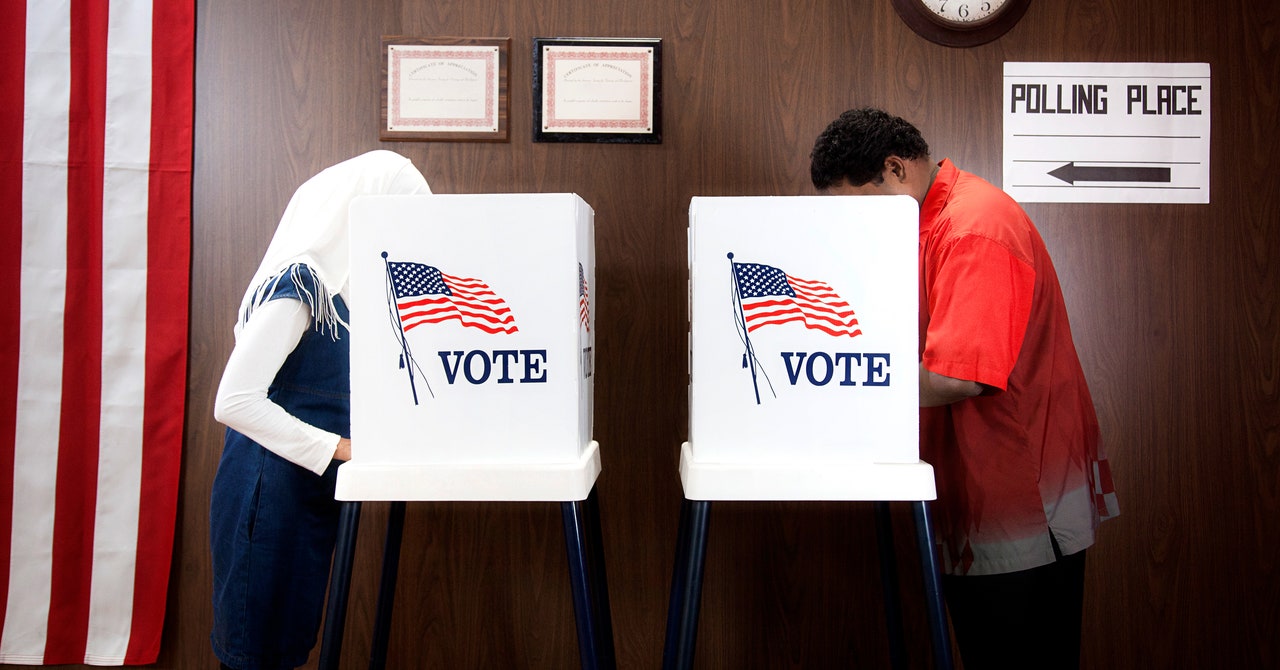Although foreign disinformation campaigns focused to some extent on the 2022 United States midterm elections, most of the pressure on the voting infrastructure in the US came from within. Violent domestic threats against election officials have increased across the country in recent years, putting workers at risk and increasingly driving them out of the job. And as early voting kicked off in the US in recent days, scattered incidents at ballot boxes and polling stations have left voters on edge. Last week, a federal judge in Arizona specifically ordered armed members of a group called Clean Elections USA to stop visibly carrying guns and wearing body armor within 80 yards of polling stations.
Officials and researchers say casting a vote will be safe and peaceful for the vast majority of American voters. They also emphasize, as was the case in 2020, that the US election is in fact the safest and strictest it has ever been thanks to a number of initiatives, including efforts to phase out voting machines that do not produce paper backup and the expanded use of post-election audits, including gold standard “mitigation” audits. Yet the erosion of public trust in an electoral system is as great a threat to the democracy that underpins it as interference in the real world. midterm elections emphasize the importance of one core voting protection in the US: the secret ballot.
“The secret ballot is really profound — it’s critical to capturing the true will of the people,” said Ben Adida, the executive director of VotingWorks, a nonprofit maker of open source voting equipment. “People who would break your kneecaps or physically threaten you in the polls represent one extreme, but there are also much more subtle ways in which undue influence can influence the outcome of an election. Think of people who support a candidate, but don’t give it much thought. They may think, ‘Well, do I really want to argue with my husband or my employer? It’s just one vote.’”
Until the 1890s, voting in the US was a local, public event, conducted either orally or with paper tickets. And attempts to introduce private voting using the now-familiar “Australian voting” method were initially controversial because the spectacle and transparency of public voting was embedded in American democratic culture.
However, being able to vote in secret offers two basic democratic safeguards. The first and perhaps more intuitive benefit relates to individual privacy. Whether using a voting machine or filling out a scannable form, American voters cast their votes at polling stations in privacy booths. And while they must be registered to vote in databases that are often public, the votes they actually cast are totally disconnected from their identity. This means that even if a family member, acquaintance or political associate votes with you at the same time, they cannot be sure how you voted, giving you the opportunity to vote however you wish.
“It’s a challenge if you can’t match the vote to the person, but we’ve largely solved that problem with post-election audits and checking that we accurately record votes,” said Lawrence Norden, senior director of the election and government program. the Brennan Center of the New York University School of Law. “For most of American history, elections have been held in public, and there was a reason we moved to the secret ballot. Part of that was that people became victims of violence and intimidation, and polling stations could even become violent.”

